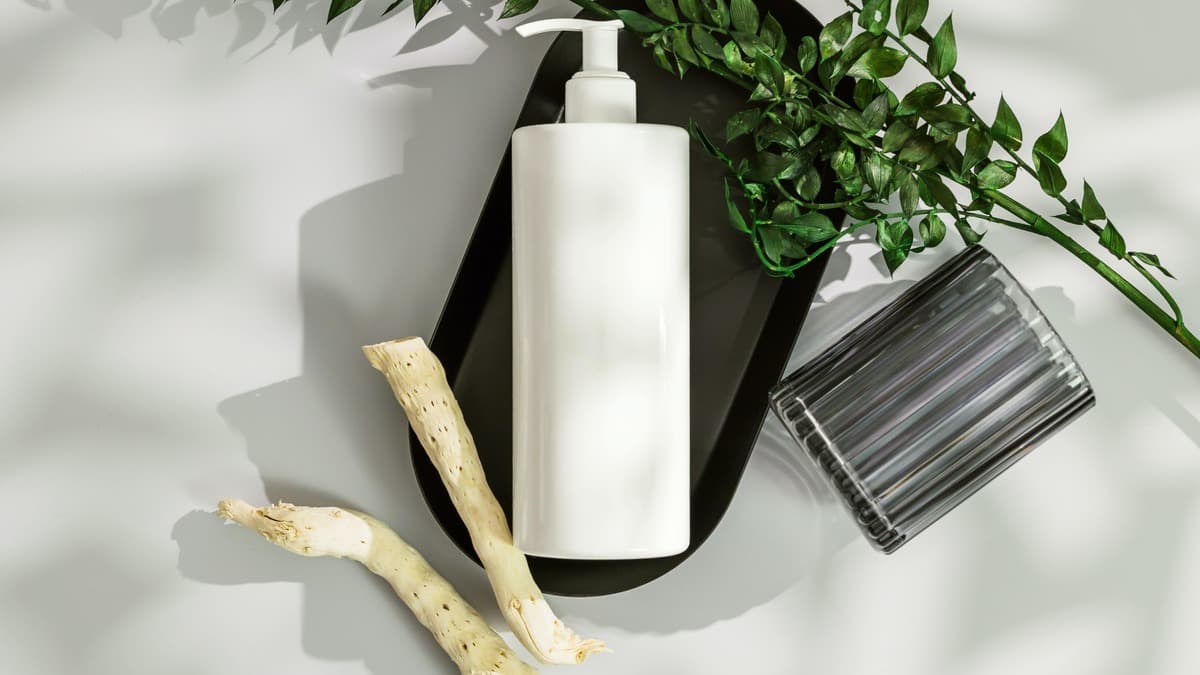Australian consumers expect the products they buy to be safe and to work as intended. Under the Australian Consumer Law (ACL), consumer products are expected to meet the consumer guarantee of acceptable quality, including safety.
The ACL is administered and enforced jointly by the Australian Competition and Consumer Commission (ACCC) and each State and Territory consumer protection agency.
Since 31 October 2022, the ACCC will no longer publish recall notices centrally, and each industry will announce its own recalls.
For instance, the Department of Infrastructure, Transport, Regional Development and Communications now has regulatory responsibility for road vehicle and approved road vehicle component recalls. It will now publish hundreds of recalls every year on its website.
Another key industry impacted by The ACCC move is food and beverage recalls. Food Standards Australia and New Zealand (FSANZ) will now publish all food safety recalls on its website. And it is good news that Australia’s food recalls dropped in 2021 to 80 from 109 the previous year.
This shift puts the responsibility on the manufacturer or supplier to contact all affected customers since it will now be more difficult for consumers to search for recall information proactively.
Manufacturers and suppliers of consumer goods are responsible for initiating recalls when a safety issue is identified to ensure products are effectively removed from supply chains. However, despite continual campaigning by CHOICE and other consumer advocates, Australia still lacks a general safety provision.
Whilst the progress towards introducing better product safety legislation may be slow, Australia is still experiencing product safety recalls for various different categories at an alarming rate. Here are some of the major incidents from 2022.
Baby formula recalled due to contamination with salmonella & cronobacter
Several baby formula products were recalled over fears that they could be contaminated with salmonella or cronobacter and caused severe illnesses in infants if consumed, potentially leading to death.
Victoria’s Department of Health issued the precautionary recall in February for the formula products EleCare, Similac and Alimentum, which are manufactured in the US.
Holden recalled 14,000 Commodores over fears brake boosters could fail
General Motors recalled almost 14,000 Holden ZB Commodores due to fears the cars’ brake boosters could fail. The ZB Commodores were the final generation of Holden’s iconic nameplate and were not made in Australia but imported.
The recall affects 13,898 cars in the country, with models manufactured between 2017 and 2020 impacted.
If a ZB Commodore’s brake booster were to fail, the distance in which the car would stop would be greater than the distance prescribed by the Australian Design Rule. This “could increase the risk of an accident-causing serious injury or death to vehicle occupants and/or other road users” according to the Department of Infrastructure, Transport, Regional Development and Communications’ recall notice.
Lucas’ papaw ointment was recalled due to microbiological contamination
People using Lucas’ papaw ointment were immediately urged to check their products after discovering several contaminated batches.
Australia’s medicine regulator, the Therapeutic Goods Administration (TGA), issued an urgent recall of the particular products, which may contain microbiological contamination.
The microorganisms some batches are contaminated with have been identified as Aspergillus tubingensis, Sordaria humana, Penicillium paneum and Paenibacillus glucanolyticus.
The TGA has advised that these moulds and bacteria pose minimal risk to most people but that immunocompromised people could become ill if exposed.
A’kin shampoo was recalled over fears it could cause infection or illness
A batch of shampoo sold nationally was recalled over fears it was contaminated with bacteria that could cause infection or illness.
The batch of A’kin Mild & Gentle Shampoo Fragrance-Free & Hypoallergenic 500mL was sold online and at David Jones, Woolworths, Priceline, Chemist Warehouse stores and independent stores from May 15 to September 15, 2022.
The Australian Competition and Consumer Commission has ordered that the shampoo be recalled because it may be contaminated with bacteria (Enterobacter Gergoviae), which can cause infection or illness, especially if the user is immunocompromised.
Several sunscreens recalled over traces of cancer-causing chemical benzene
Several types of sunscreens were recalled after they contained traces of benzene, a known carcinogen that can cause human cancer, depending on the level and length of exposure. The Therapeutic Goods Administration said benzene is not an ingredient in sunscreen but can contaminate other materials in the manufacturing process.
Products affected included the Cancer Council’s Sensitive Sunscreen SPF50+, Nivea Sun’s Protect & Moisture SPF30 Lotion, and the Sun Protect & Moisture SPF50+ roll-on and the Bondi Sands SPF 50+ Lotion Spray in Coconut Beach.
Being prepared for a recall
Australian manufacturers and suppliers must ensure they have implemented comprehensive traceability capabilities. That includes having a product recall plan and the ability to test it through regular “mock recalls”.
The ability to trace and account for every suspect item throughout the value chain, track lots and have good contact management to identify and begin correspondence with affected customers is essential as soon as a product recall is required. A good ERP solution will incorporate a traceability system that offers full visibility throughout the value chain to maintain quality and ensure each company remains fully compliant with the legislation to keep Australian consumers safe.
Keep up to date with our stories on LinkedIn, Twitter, Facebook and Instagram.

